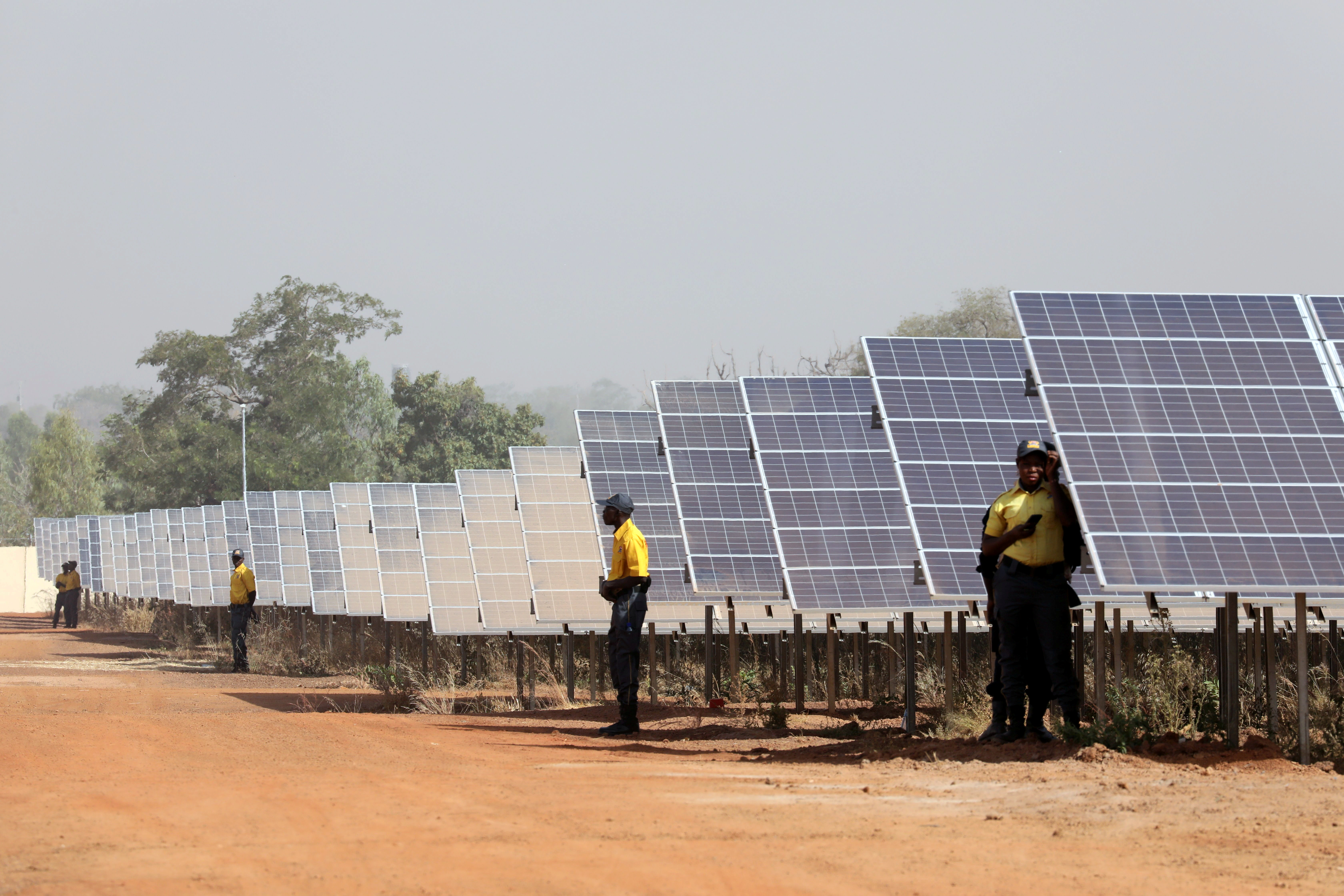(ATF) The World Bank has amended its policy on climate change amid increased political momentum in the United States, Britain and other countries for greater action to counter global warming.
The Bank is finalising a new five-year climate action plan, which will be debated at its spring meetings next week. Given that the World Bank is the biggest provider of climate finance to developing countries, decisions due to be made this month could have far-reaching implications.
The revised policy on climate change commits to making financing decisions in line with efforts to limit global warming, but, it stops short of promising a halt to funding of fossil fuel projects, according to a draft bank presentation seen by Reuters.
The new policy comes as President Biden on Wednesday released an infrastructure plan with billions of dollars going to the environment and investments in electric vehicles and the nation’s electricity grid.
In a sharp reversal from the former Trump administration, the United States, the bank’s largest shareholder, is also drafting plans under the new Biden administration to end US funding for international fossil fuel projects.
The World Bank has been adopting more climate-friendly policies as activists continue to push for an end to public funding of fossil fuel projects.
The company has not directly funded a coal-fired power plant since 2010, and coal power investments have been rare since 2013, according to Reuters.
CLIMATE CONTROL
The internal presentation outlining the World Bank’s new climate plan, which is due to be discussed by the bank’s board today (Thursday April 1), commits to “align its financing flows with the objectives of the Paris Agreement” by July 2023.
The World Bank’s board must approve the plan for it to become official.
The Paris Agreement, adopted in 2015 by nearly 200 countries, pledges to stop global average temperatures from rising more than 2 degrees Celsius above pre-industrial levels, and aims to cap warming at 1.5 degrees. Scientists say meeting the 1.5-degree goal, which would prevent the most catastrophic climate impacts, would require the world’s net greenhouse emissions to drop to zero by 2050.
It was the first time virtually all nations around the world agreed that all of them must help tackle the issue, and they promised to come back every five years to review their carbon-cutting ambitions.
But the commitments countries made to cutting carbon emissions back then fell way short of the targets set by the conference.
According to the draft policy however, the bank’s sister organisations, the International Finance Corporation and Multilateral Investment Guarantee Agency, will align 85% of their direct financing with the Paris Agreement by July 2023 and 100% by July 2025, the presentation said.
Meeting the goals of the Paris pact will require trillions of dollars of investments to shift quickly away from burning fossil fuels for energy, and expand renewable electricity along with low-carbon transport and manufacturing technology.
The presentation repeated a pledge the bank made in December for an average of 35% of its financing to be climate-related over the next five fiscal years. That compares with 26% of a significantly smaller amount of lending over the last five.
The bank and its sister organisations exceeded its target in the last three years to increase climate finance to 28% by 2020, spending $21.4 billion on climate finance last year, the presentation said.
STEP CHANGE
Nicholas Stern, a former chief economist at the World Bank and now a professor at the London School of Economics, said the plan was “quite ambitious” and marked a significant change from the bank’s previous policies.
“The World Bank is moving in a good direction, and it’s a major step along the way,” said Stern, who is familiar with the bank’s plan. He added that while the bank had already begun shifting its focus toward climate issues, the change in US administration had accelerated the process.
Kevin Gallagher, director of the Boston University Global Development Policy Center, said he hopes the bank will help countries transition away from coal. Reuters showed him the document.
“The new climate action plan is a major step for the bank and moves it from thinking about green projects to greening entire economies,” he said.
The World Bank in 2013 reduced its new coal power investments to “only in extremely rare circumstances,” and stopped funding upstream oil and gas operations in 2019.
World Bank board members from Europe in February urged the bank’s management to use the new climate plan to halt all investments in oil- and coal-related projects, and to gradually phase out investment in natural gas projects.
The draft presentation, though, did not include these commitments. It says the bank will assess gas projects on a case-by-case basis and will support the transition away from coal.
NOT ENOUGH
Environmental campaigners, however, said the presentation was disappointing and failed to specify what aligning with the Paris Agreement meant – raising the risk that the pledge would yield little change in practice, including in the bank’s approach to fossil fuels.
“This is not good enough and needs to be radically overhauled,” said Kate Geary, co-director of public finance watchdog Re-Course, after Reuters showed her the presentation. “There are very few targets for the bank to held accountable to.”
The amount of carbon dioxide in the atmosphere reached record levels in 2020, hitting 417 parts per million in May. The global lockdowns had a significant and immediate impact on emissions of greenhouse gases for a while thereafter, but as the world returned to work, emissions rose to within 5% of the 2019 level, by the end of 2020, reports said.
With reporting by Reuters.
READ MORE:
Climate change poses challenge to financial stability, PBoC warns
“You’re seeing a tailwind in terms of climate change”























